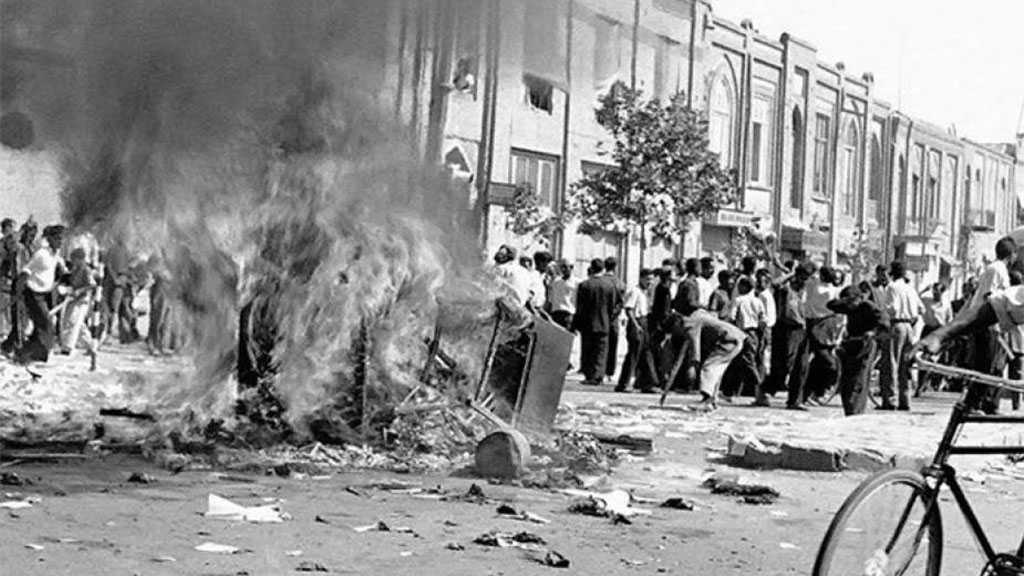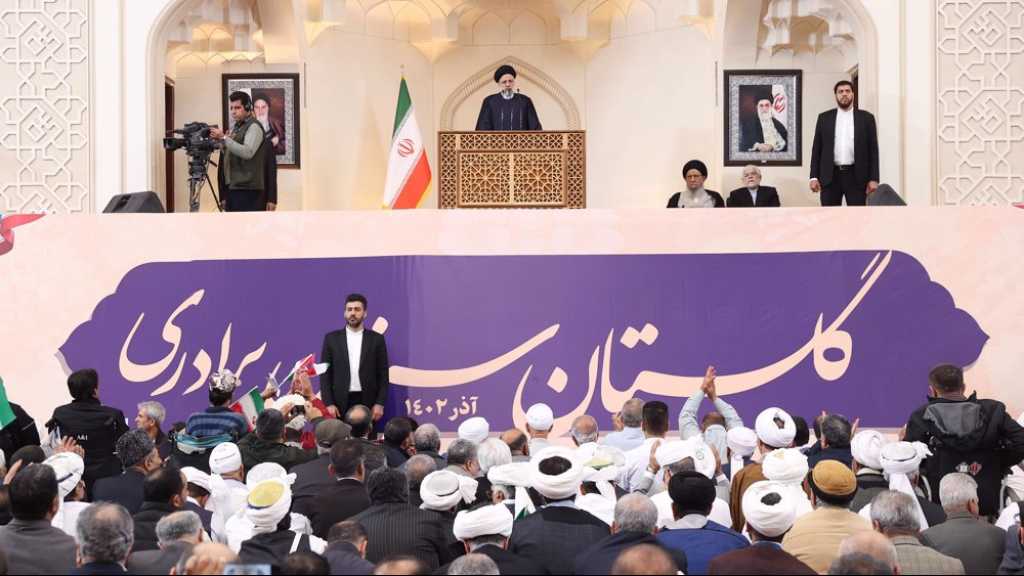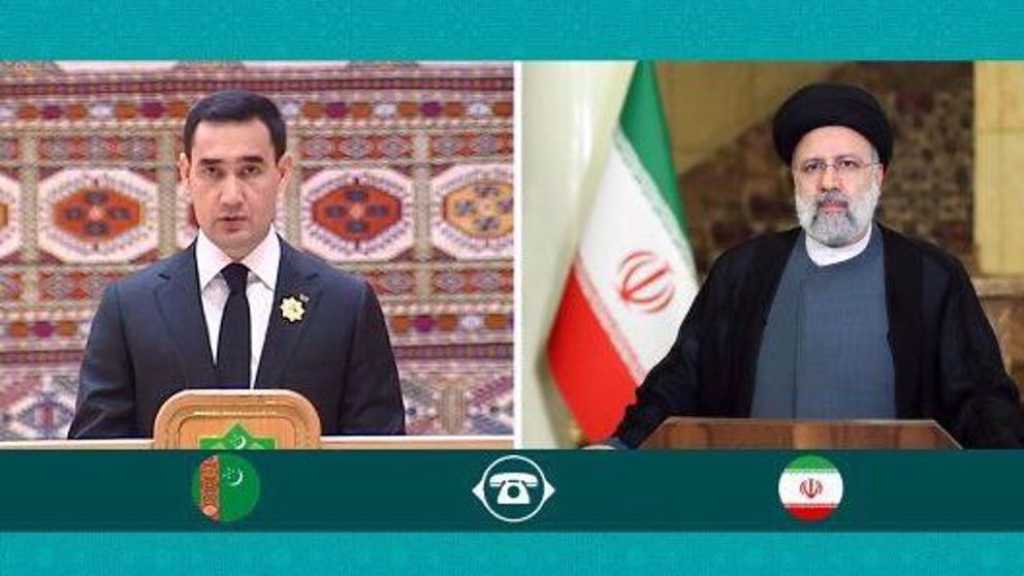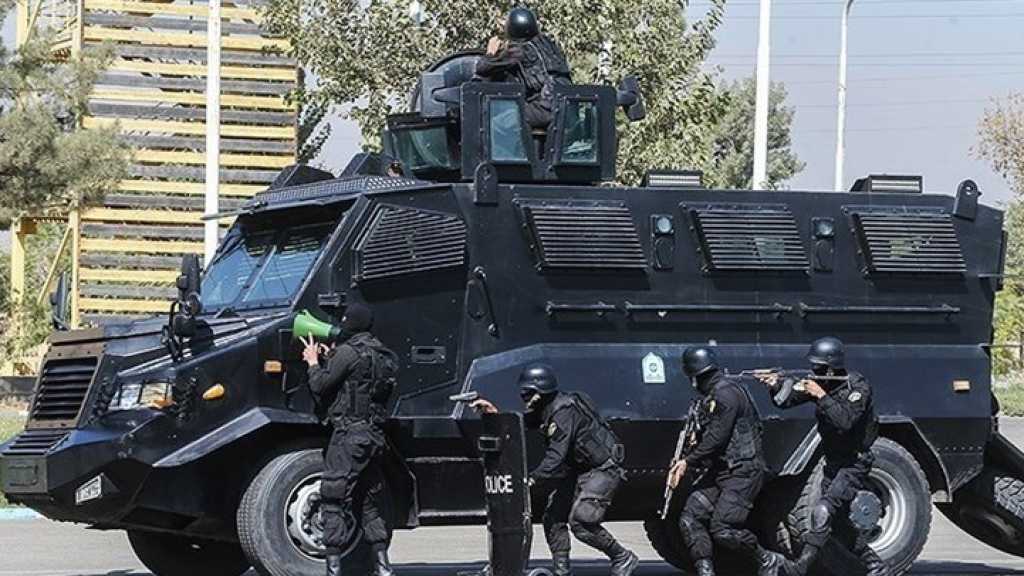
US Has Long History of Interference, Military Invasions, Coups against Other Nations – Iranian Spokesman

By Staff, Agencies
Iranian Foreign Ministry Spokesman Nasser Kanaani slammed the United States’ long history of meddling in other nations' affairs.
In a post on his Twitter page, Kanaani condemned the US governments’ long “record of interference, military invasion and coup against independent countries and governments” throughout the world.
"The Mordad 28, 1332 coup against Iran's national government is a clear example of this dark history,” the spokesman added, ironically asking whether the US government will “reverse its disastrous policy toward Iran and respect the legitimate rights” of the Iranian people.
On June 15, 2017, the US State Department released a long-awaited volume of declassified US government documents on the 1953 coup in Iran.
The publication of the documents put an end to decades of internal debates and public controversy after a previous official collection omitted all references to the role of American and British intelligence in the ouster of the legal government of prime minister Mohammad Mosaddeq.
London had previously denied any role in the coup but the new evidence confirmed Britain’s involvement in it.
In August 1953, the British and American intelligence agencies initiated a coup by the Iranian military, setting off a series of events, including riots in the streets of the capital, Tehran, which led to the overthrow and arrest of Mosaddeq.
Mosaddeq, who was convicted of treason by a court martial, served three years in solitary confinement and then died under house arrest in 1967.
His overthrow, which is still given as a reason for Iranians' mistrust of the UK and the US, consolidated the Shah's rule for the following 26 years until the victory of the Islamic Revolution in 1979, led by Imam Khomeini, which toppled the US-backed monarchy.
The Iranian premier had played a key role in the country’s 1951 movement that resulted in the nationalization of Iran’s oil industry, which had been mainly controlled by the British-owned Anglo-Iranian Oil Company [AIOC], now known as BP.
Experts say the 1953 coup, known as the 28 Mordad coup, was aimed at making sure the Iranian monarchy would safeguard the West's oil interests in the country.
Comments
- Related News

Raisi: Palestinian Resistance Astonished The World
3 months ago

